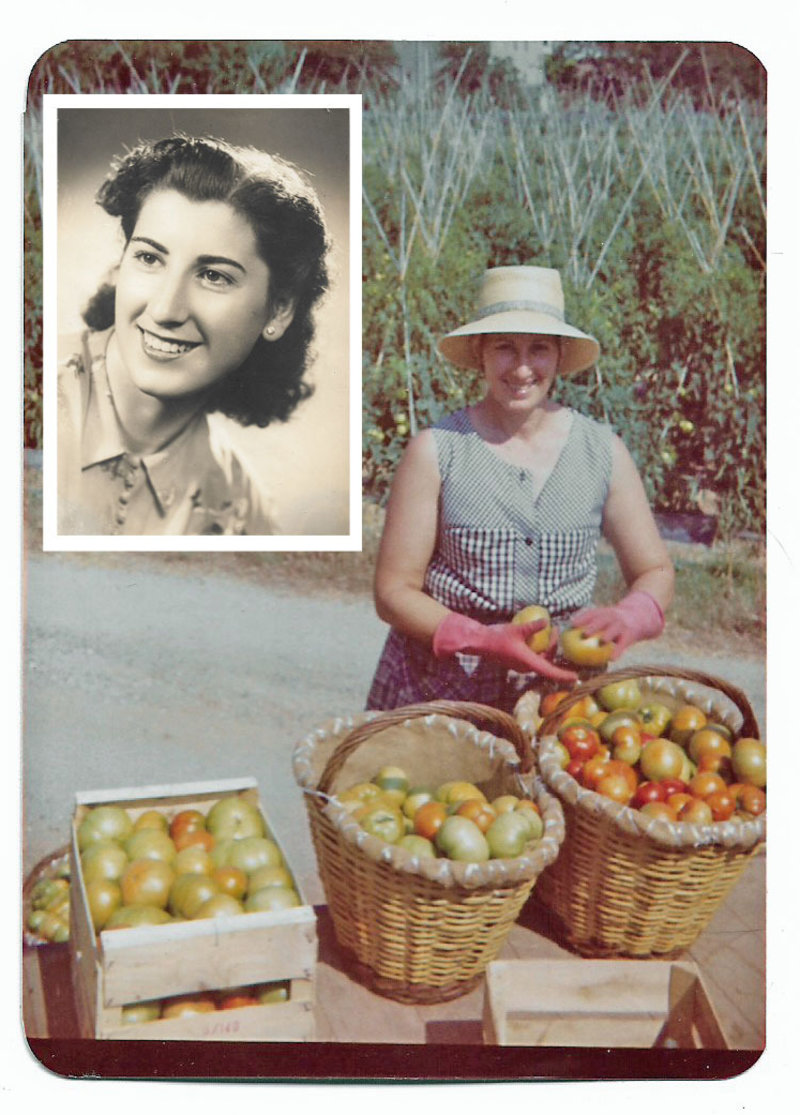HEADING FOR THE HILLS
GOODBYE NOELA
I am a damn fool. I should have recorded her words. Noela, the mother of one of our dearest friends, has died. She is a case in point, one uncomfortably close to home, of why we simply must find a way.
Widow Noela let us into her past, into an age fading fast from living memory. To walk with her and her daughter Conxita through Aristot, the remote village so high in the Pyrenees, where Noela grew up in the cataclysmic 1930s and early 40s - to be told how it was within such a tight-knit, self-reliant farming community one-step removed - is something we as a family will never forget.
What I have suggested, what I so hope can happen, is we create some sort of Catalan listening project. This is how…
Young people in their final post-exam weeks at their schools, just before the long summer break, are briefed to go out into their village, town or city barri.
They take with them their mobile phones and, ideally, are loaned a simple means by which to hold it steady and be able to record a voice clearly.
With clear guidelines, defined by the school and the local village council, and imbued with an understanding of the significance, they interview a senior person from their community. The topic is life, experiences, memories. Two minds meet – a young one ripe with curiosity and the technological capacity, and a senior one rich in experience and reflection.
These short films, collated by local libraries, will then become an invaluable store of souls and truths, a window into the past, an education. And it will bring the young and old together, a learning project as much as a listening project, a celebration of life and a record which will steadily multiply.
Will schools, councils and libraries consider it? Perhaps the government needs to be the catalyst. I volunteer to help make this happen. Who is with me?
Noela’s funeral in Viladecans was a poignant celebration of a long and typically resourceful life on the land, both in the mountains but also right opposite the crematorium, on the prime, fertile fields that once ran all the way from the Serra de Miramar to the sea. When the service was over, three of us crossed the old main C245 road to the site of the family farm. It is now lost beneath a fast food outlet and a plethora of industrial units, but we found the old well and touched the earth.
How different it must have been when 17-year-old Noela was sent from the Pyrenees to work at a relative’s masia south of Barcelona, then a world away. The young farmer on the neighbouring granja, Ramon, handed her flowers. Later she took his hand in marriage. And how hard they toiled together for decades, Conxita told me, often leaving at 1 a.m. to take their produce to the wholesale market in Barcelona.
Catalonia has such a vital bond to the land. The national anthem and folklore define it. The people who work it are the roots, the foundation of nation in so many ways.
The recordings must encompass all, but I have in mind especially the people I live among, the pagesos.
As Virginia Woolf said so well – “The peasants are the great sanctuary of sanity, the country, the last stronghold of happiness. When they disappear there is no hope for the race”.
Visca.


